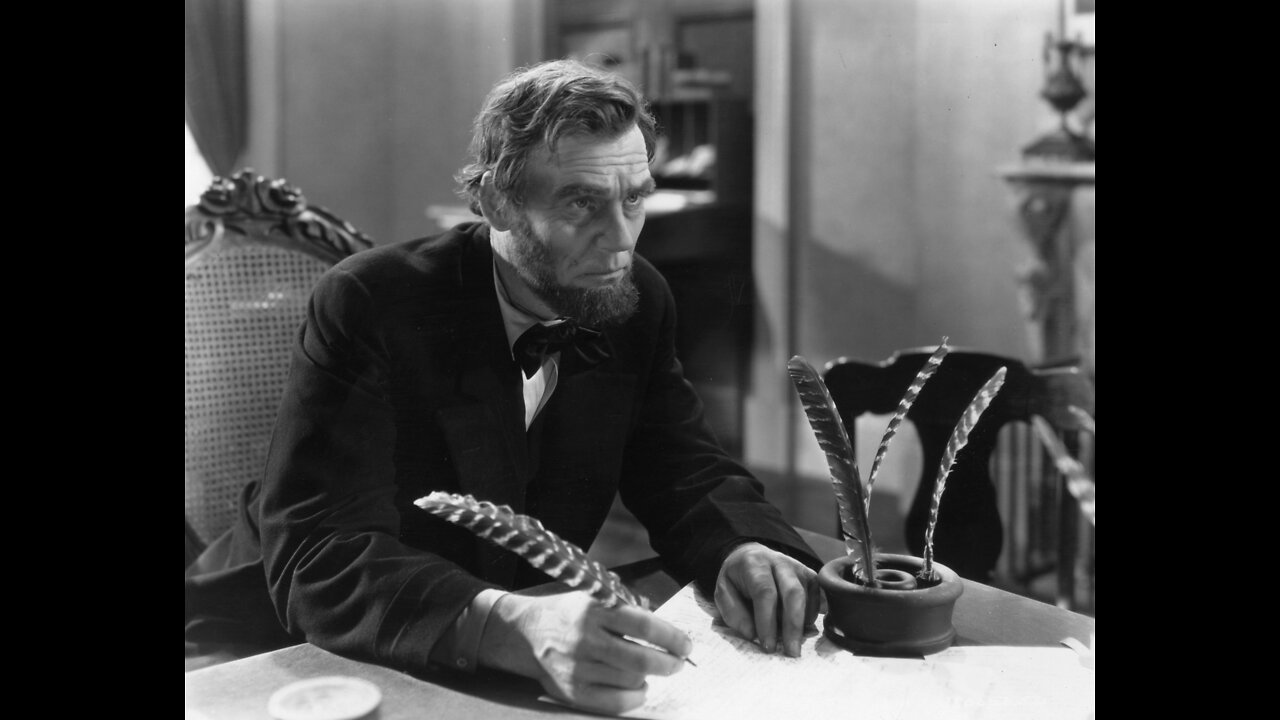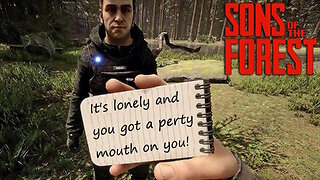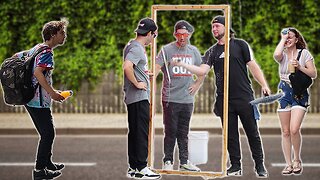Premium Only Content

D W Griffith's Abraham Lincoln
An episodic biography of the 16th President of the United States.
The film covers some little-known aspects of Lincoln's early life, such as his romance with Ann Rutledge, his depression and feared suicidal tendencies after her death, and his unexplained breaking off of his engagement with Mary Todd (although the film surmises that this was due to unresolved feelings over Ann Rutledge and adds a dramatic scene where Lincoln stands Mary up on their scheduled wedding day. In reality Abe did break off the engagement, but it was before the wedding day. He would later regret his decision, and return to ask Mary's hand in marriage once again, this time following through, as it happens in the film).
While the early scenes of Lincoln's life are remarkably accurate, much of the later scenes contain historical inaccuracies. The Lincoln-Douglas debates, in addition to the historically accurate topic of the extension of slavery, are turned into an argument about secession. Lincoln was an underdog for the Republican Presidential nomination in 1860; in the film it is suggested he is the sole nominee as a result of the Lincoln-Douglas debates. The outbreak of the Civil War seems to be the Union firing on Charleston, South Carolina from Fort Sumter, rather than the other way around. Also, early in hostilities, General Winfield Scott is depicted as being overconfident of a quick victory (and something of a buffoon), when in reality he was one of the voices in the minority claiming the war would be long, costly, and bloody. Lincoln receives a report from the Secret Service that some copperheads in the North have issued threats against him. The Secret Service was not created until two months after Lincoln's death. Finally, in the climax of the film, Lincoln delivers a conflation of the words of the Gettysburg Address and Second Inaugural Address at Ford's Theatre on April 14, 1865 – just moments before being assassinated. This was Griffith's second portrayal of Lincoln's assassination, the first being in The Birth of a Nation.
-
 LIVE
LIVE
Scottish Viking Gaming
3 hours ago💚Rumble :|: SUNDAY FUNDAY :|: Virginia has two Verginers, Change my Mind!
834 watching -
 1:49:50
1:49:50
Winston Marshall
2 days agoThe DARK Reality of Socialism - Historian Giles Udy
14.1K31 -
 LIVE
LIVE
Sports Wars
1 hour agoBengals STAY ALIVE In OT Thriller, ESPN's Ryan Clark SLAMMED, NFL DESTROYS NBA On Christmas
535 watching -
 9:37
9:37
EvenOut
19 hours ago $1.02 earnedThe Non-Reflecting Mirror Scare Twin Prank!
13.3K1 -
 11:19
11:19
Tundra Tactical
18 hours ago $2.25 earnedI Saw How CMMG Makes Guns.
15.9K6 -
 15:34
15:34
Misha Petrov
14 hours agoReacting To TikTok’s Most DELUSIONAL Takes!
18.1K17 -
 1:52:24
1:52:24
Squaring The Circle, A Randall Carlson Podcast
1 day ago#032 Flournoy Holmes' Artwork Helped Define The Southern Rock Phenomenon of The Early 1970's
15.6K3 -
 19:56
19:56
inspirePlay
1 day ago $0.21 earnedWalking with Lions & Facing Africa’s Wild Side | Safari Adventure with the Grid Championship Crew!
8.97K -
 10:50
10:50
RTT: Guns & Gear
1 day ago $0.72 earnedBudget Friendly Carry 2011: EAA Girsan Brat 2311
10.6K3 -
 3:49:06
3:49:06
Alex Zedra
15 hours agoLIVE! New Game | Nuclear Nightmare
102K13